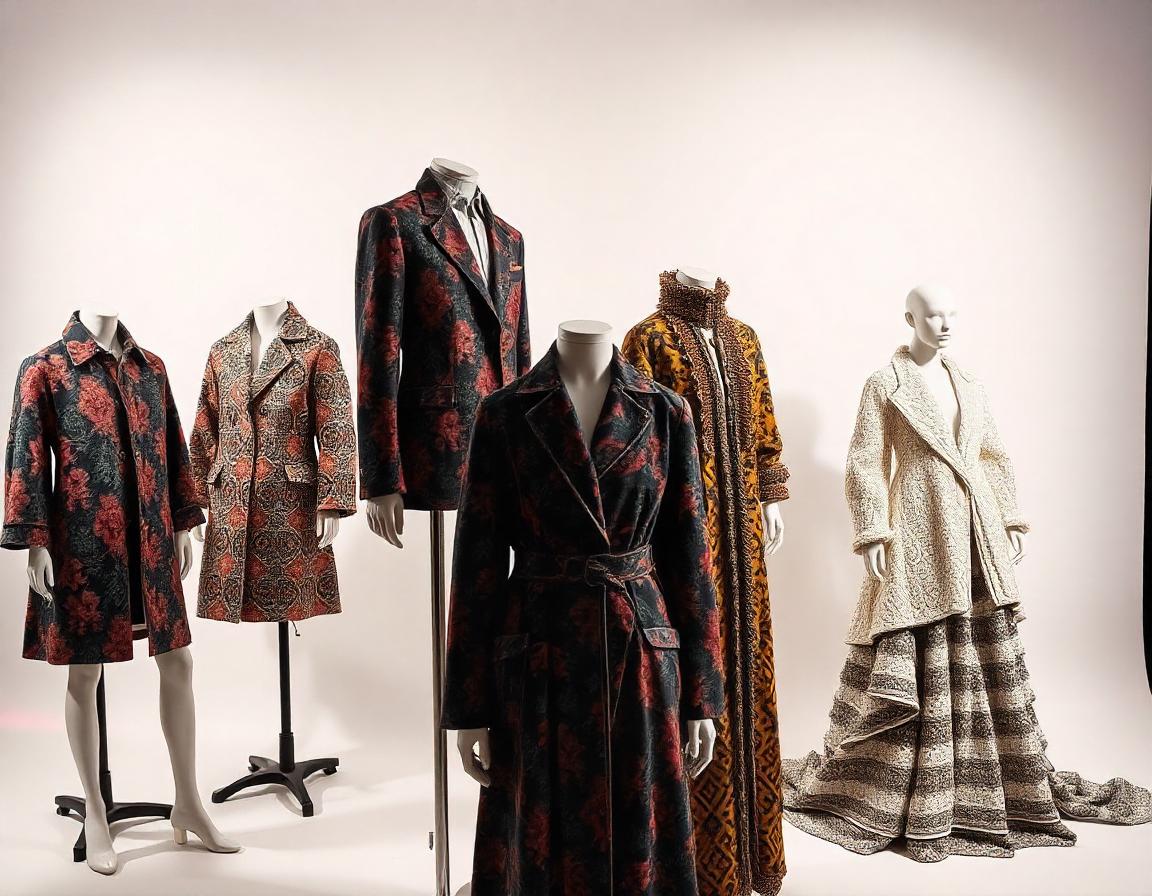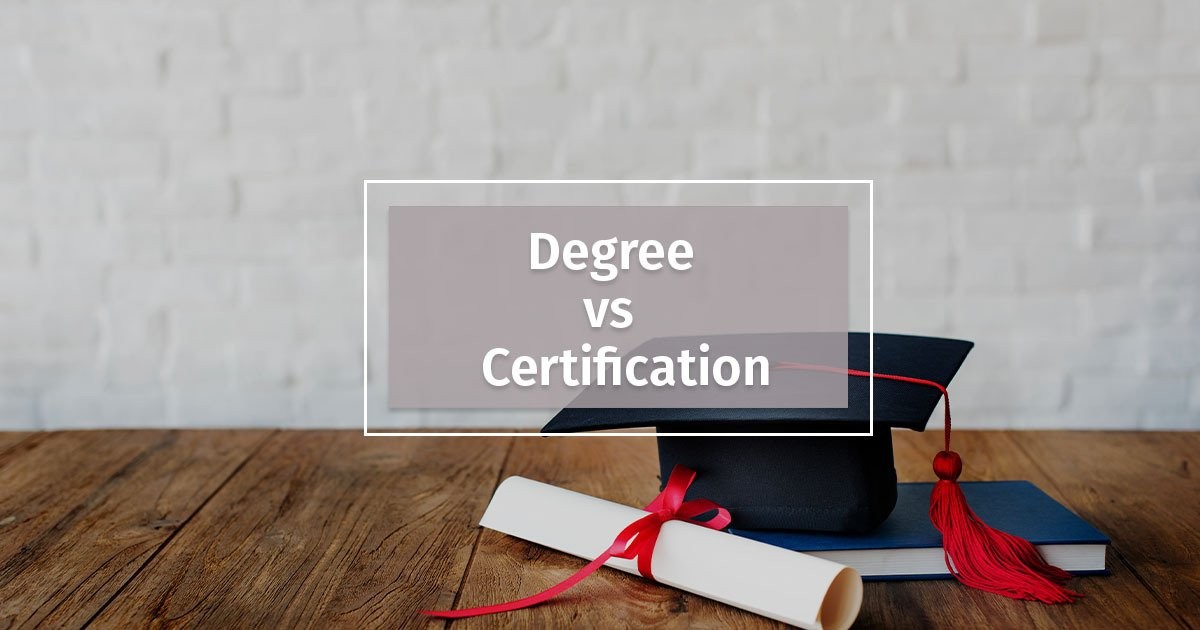In today’s fast-paced fashion industry, the right education can make all the difference in launching a successful career. For aspiring designers, the first big decision often comes down to choosing between a traditional degree program or a specialized certification course. Each path offers unique advantages, and the choice isn’t always straightforward. While degrees provide detailed education over several years, certifications offer focused, practical training in a shorter time frame.
Whether you’re a creative visionary dreaming of launching your own label, or hoping to work with major fashion houses, understanding the pros and cons of each educational path is crucial. We will help you navigate this important decision, considering factors like time commitment, cost, career goals, and industry requirements, so you can choose the educational journey that best fits your fashion industry aspirations.
Fashion Degrees Explained: Must-Have or Overrated?

A fashion degree isn’t just about learning how to sketch—it’s the complete package for aspiring designers who want to dominate the runway or build a thriving fashion empire. These programs, typically offered at renowned universities and fashion institutes, blend hands-on practice with in-depth theory, equipping you with essential skills to thrive in the competitive world of fashion.
Most degrees span 3-4 years, but don’t worry if you’re in a hurry—some schools offer accelerated or part-time options. During this time, you’ll dive into subjects like fashion illustration, fabric science, pattern-making, and advanced topics such as sustainable design, digital fashion tools, and marketing strategies—everything you need to thrive in today’s fashion landscape.
What Can You Achieve with a Fashion Degree?

Imagine this:
- You’re interning at a top-tier fashion house in Milan, contributing your designs to a capsule collection that hits the runway during fashion week.
- Your classmates, now industry peers, are working at leading brands, and your alumni network helps land you an exclusive gig at Chanel.
- Three years after graduating, you’re the design lead at a major label, making waves with your innovative sustainable collection.
This is the kind of future a fashion degree can unlock:
- Big Roles with Big Impact: Fashion director, design lead, or even launching your own luxury brand.
- Networking Power: From internships with leading brands to alumni connections, you’re set to meet the industry’s who’s who.
- Skill Versatility: Whether it’s managing a team or designing cutting-edge collections, your comprehensive training prepares you for it all.
The Catch?
But let’s not sugarcoat it: degrees demand both time and financial investment. Top schools charge upwards of $20,000 annually, and balancing coursework can be as challenging as keeping up with fashion trends.
Is This the Right Path for You?
A fashion degree is ideal if you’re in it for the long haul. Whether you dream of becoming a creative director, launching your own label, or breaking into fashion research or education, this path is for you. But if you’re looking for a quicker, less costly way to enter the industry, you might want to explore other options.
Certain online platforms, like SEFT, offer a wide range of courses to help you master multiple subordinates of Fashion Design such Fashion Styling, Fashion Illustration, Pattern Making, Draping and more. Be sure to check out our exclusive courses, now updated to include the latest AI tools for an enhanced learning and working experience!
Is a Certification Course the Shortcut to Fashion Success?

Why spend years in a classroom when you can master essential skills and step into the fashion industry in a fraction of the time? Fashion design certification programs are a modern, focused approach to learning—perfect for beginners eager to dive in or professionals looking to level up their expertise.
From garment construction to sustainable fashion, these programs are tailored to provide hands-on, practical training that you can apply immediately. Whether you’re looking to switch careers or advance in your current role, certifications let you hit the ground running—fast.
Why Choose a Certification Over a Degree?

Imagine this:
- By the time your degree-seeking peers complete their freshman year, you’ve already landed your first job as a design assistant or technical designer, thanks to the practical experience gained from your certification course.
- You’ve mastered digital design tools like CAD and are creating patterns that manufacturers rely on—all in under a year.
- As e-commerce booms, your digital fashion expertise helps you secure a role at a leading online retailer, making an impact while others are still attending lectures.
Here’s what makes certifications shine:
- Speed to Industry: Most programs last just 3-12 months, letting you enter the workforce quickly without sacrificing quality.
- Focused Learning: Skip the fluff and dive straight into practical skills like pattern-making, draping, and digital tools, all aligned with industry needs.
- Flexible Options: With part-time and online schedules, you can upskill without putting your life on hold.
- Fashion Certifications: Build Your Career for Just $2,000–$15,000
The Catch?
Certifications focus on specialization, which means you might miss out on the broader networking and comprehensive industry knowledge that degrees provide. While this could limit advancement into senior roles in the short term, your expertise in a niche skill set could make you a star player in high-demand areas like digital fashion or pattern manufacturing.
Comparative Analysis: Degree vs. Certification
| Criteria | Fashion Degree | Fashion Certification |
| Duration | 3-4 years | 3-12 months |
| Cost | $20,000 – $50,000 per year | $2,000 – $15,000 total |
| Learning Scope | Broad: Theory, history, business, and design skills | Focused: Specific skills in design, pattern making, etc. |
| Career Opportunities | Senior roles, leadership, versatile across roles | Entry-level, specialized roles, niche markets |
Should You Invest in a Fashion Degree or Go for a Certification?
Summary Table
| Decision Criteria | Fashion Degree | Fashion Certification |
| Best For | Comprehensive career path, leadership, academic pursuits | Quick entry, skill-building, career pivot |
| Ideal Roles | Creative director, design manager, brand founder | Design assistant, pattern maker, digital designer |
| Course Focus | Broad: design theory, business, management | Specific: pattern making, digital tools |
| Time & Financial Commitment | 3-4 years, higher cost | 3-12 months, lower cost |
| Networking Opportunities | Extensive, alumni networks, industry partnerships | Limited but focused on specific niches |
Fashion Degree
A fashion degree is ideal for those seeking a long-term career with a education in design, business, and theory. It’s perfect if you’re aiming for leadership roles like creative director or brand founder and want to immerse yourself in the fashion world with extensive networking opportunities.
Fashion Certification
A fashion certification is the perfect choice for those looking to fast-track their career or switch fields. Focused on practical, job-ready skills, certifications allow you to gain expertise in specific areas like pattern making or digital fashion quickly and affordably. It’s ideal for those seeking specialized skills and a shorter learning path.


ebf7vb
3fr6e9
w0r68b